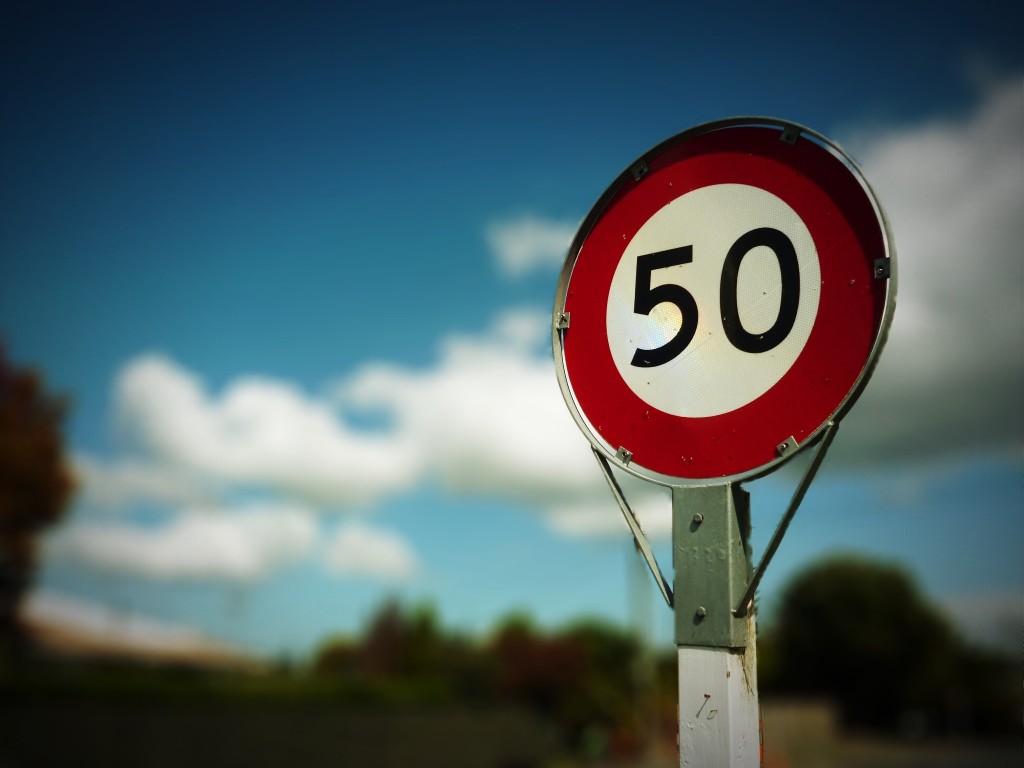7 retirement planning mistakes to avoid
No matter what your age, it’s never too early to start thinking about how you plan to fund your retirement.
Whether you’ve already started building a nest egg, or are simply weighing up your options, make sure you avoid these seven costly retirement planning mistakes.
1.Underestimating how long your pension will need to last
The good news is that we’re all living longer, however the bad news is that it means our savings will need to last much longer too. Recent data from the Office for National Statistics revealed that an average 65-year-old living today could expect to live for a further 22.8 years.
As life expectancy steadily increases, so too does the age at which you can access your savings. You can currently start withdrawing your workplace or personal pensions from the age of 55, however it’s expected to go up to 57 by 2028.
The State Pension age is also going up. It’s currently 65 for men and women, and is set to rise to 66 by 2020 and 67 by 2028. The government is already discussing further increases of 70 by 2028 and 75 by 2035.
2. Thinking you can live off the State Pension alone
In 2017 the Organisation for Economic Cooperation and Development (OECD) calculated that the UK has the lowest State Pension of any developed country. And to receive the maximum amount of £8,767.20 a year (the equivalent of £168.60 a week in 2019/20) you’ll need to have paid National Insurance Contributions for at least 35 years.
When you consider that research from consumer group Which? found that an average couple needs around £26,000 a year for a comfortable retirement, it’s clear that the State Pension isn’t likely to cover all of your living expenses, so it’s likely you’ll need an additional income – either via a part-time job or personal pension.
3. Putting all your savings into property
Investing in bricks and mortar gives you something tangible that you can sell in retirement however, you’ll need to be prepared to move out and downsize to take full advantage of it.
The amount of money you can make from the sale of property isn’t set in stone and will depend on the strength of the property market at the time you come to sell. If an economic recession were to occur at the time you intend to retire, there’s a risk that you could lose out and end up with much less in the bank than you expected.
4. Losing track of old pensions
It’s likely you’ll have had several jobs throughout your career, which could mean several workplace pensions. Over time it can be easy to forget where your money’s saved and, if you move address and don’t update your records for example, you may not receive annual statements and reminders from your pension providers.
To avoid losing track, and potentially paying higher fees than you’d like, you might want to consider consolidating your pensions into one. This could help you better manage your retirement savings as you’ll have one clear balance, one fee and can easily track the performance of your investments. PensionBee is an online pension provider who can help with this, giving you 24/7 access to your pension, with the ability to check your balance and add contributions in a few clicks from your mobile.
5. Not checking your annual statements
Each year your pension provider will send you an annual summary of your pension which shows you how much money or benefits you’ve accrued and what this could be worth on your expected retirement date (usually your 55th birthday). It’s important to check your statements to see how much you’re being charged in fees, so you know you’re getting a fair deal.
If your pension’s invested, you should check the performance to ensure it’s in line with your expectations and that you’re comfortable with the level of risk. If you have a pension, but aren’t receiving statements, you’ll need to contact your pension provider and update your details.
6. Forgetting you’ll need to pay pension tax
When you start withdrawing your pension (usually from the age of 55), you can take up to 25% as a tax-free lump sum, or receive 25% of each withdrawal tax-free. No matter which method you choose, only the first 25% is tax-free and you’ll need to pay tax on everything else you withdraw.
In the eyes of HMRC, all of the money you take out of your pension is treated like income and, as such, you’ll be charged income tax at your usual rate of 20%, 40% or 45%. The amount you withdraw from your pension will have a direct impact on how much tax you’ll pay, especially if you’re still working and earning an income.
Most people will get a tax-free allowance of £12,500 (for 2019/20), so it’s important to be mindful of how much you’re withdrawing in relation to the tax thresholds to ensure you don’t go into a higher tax bracket – especially if you don’t need the money urgently.
Try the PensionBee drawdown calculator to see what a withdrawal might look like, from the amount you’d like to withdraw to the tax you’ll pay.
7. Don’t bury your head in the sand
If you’ve had your head in the sand when it comes to your pension, there’s no time like the present to sort it out. The longer you put it off, the more you’ll have to save in later life to afford the retirement you want. While it may seem daunting if you have little or no pension, it’s never too late to start saving and the sooner you get into the habit of saving the better, as the power of compound interest could have a significant impact on your savings by the time you come to retire.

Pension calculator
A pension calculator can help you figure out how much you might need to save for a comfortable retirement, based on certain estimates and your own assumptions. The PensionBee calculator, for example, has sliders that enable you to change some of the details like your retirement age, current pension pot size, and planned personal and employer contributions – as well as whether you want to include your State Pension pot or not. It’s a great way of seeing whether you’re on the right track and, if not, how much more you might need to save to reach your retirement goals.
Find out more about consolidating your pensions or sign up to PensionBee today. Visit www.pensionbee.com or call 020 3457 8444.
With investments, your capital is at risk. Pensions can go down in value as well as up, so you could get back less than you invest.



















